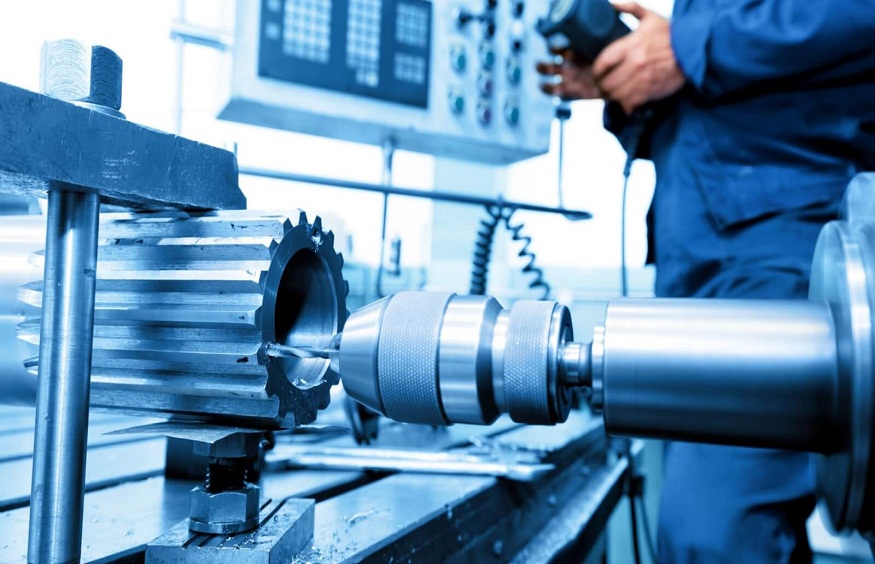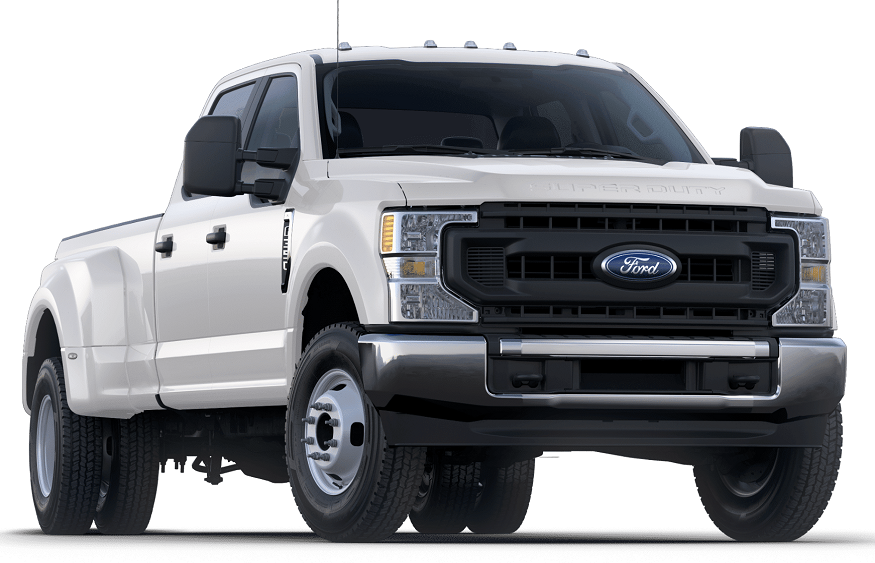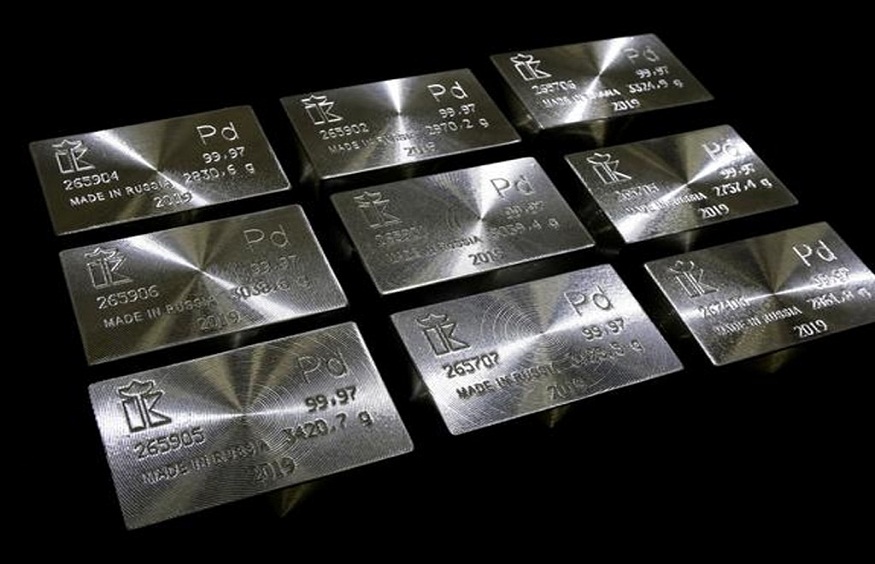1. Introduction to CNC technology in manufacturing
CNC technology has revolutionised the manufacturing industry by providing greater accuracy, speed and automation in carrying out different operations. Some of these essential machinery in the production process include CNC drilling and boring machine, as well as CNC roll grinding machinery. They are invaluable tools for attaining optimised surface quality, accurate measurements, and uniformity across a variety of sectors, from automotive to aerospace. With the need for higher levels of quality and accuracy sprouting continuously, the importance of CNC machines cannot be overemphasised in the process of meeting production standards.
2. CNC drilling and boring: Key applications
The CNC drilling and boring machine is also general equipment in many fields because it can realise a variety of operations with high accuracy. While drilling and boring may sound similar, they serve distinct functions: drilling produces holes of varying sizes, while boring enlarges existing holes to defined sizes. Manufacturing components such as engine blocks, machine parts, and structures that demand holes of certain diameters and depths, these machines play an essential role in guaranteeing stringent quality standards for the finished products.
The CNC drilling and boring machine can be used by industries that involve precision, like automotive and aerospace, in which all parts are manufactured exactly as the specification dictates. It eliminates human error and offers consistent results for high-stakes applications such as applying quality across large production runs. Furthermore, the CNC system also provides automation in repetitive work to save time and reduce operational costs. By now, engineers can program the machine to handle various materials such as metals, composites and plastics, broadening its use in a variety of fields. The CNC drilling and boring machine is, due to this versatility, an invaluable asset in modern manufacturing environments.
3. Advantages of CNC drilling and boring machines
CNC drilling and boring machines have a lot of advantages over traditional methods and are thus a popular choice in present manufacturing. First, it significantly improves precision. These machines can be automated, so holes may be drilled or bored with tight tolerances, which is essential for parts that must fit together very closely. In industries where a small deviation can result in costly failures, this is especially important. Maintaining such high precision consistently not only improves product quality but can also improve the assembly process by reducing rework or scrap.
The reduction in labour costs is another advantage. After programming the machine, it can work for a long period without much human intervention, which means that it can work for a long number of hours without getting tired or making errors. In addition, CNC drilling and boring machines are versatile in use and able to process various materials (i.e. metals, plastics, etc). This adaptability enables manufacturers to use the same machine for other production processes, maximising investment value. Moreover, the integration of sophisticated software allows for real-time monitoring and adjustment, further increasing efficiency and decreasing downtime.
4. CNC roll grinding machines: Precision and surface finishing
The CNC roll grinding machine is essential when it comes to surface finishing and the production of large cylindrical components. This machine is devoted to rolling rolls, which are critical for industries like steel and paper and coco textiles because big roles play a key role in the production process. Whether it’s in the rolling of steel sheets or the creation of paper products, grinding rolls are ground to the exact specifications for optimal performance in downstream processing.
One of the things that mark CNC roll grinding machines out as one of the best practices of roll grinding is that they can handle rolls of different sizes and materials with no problem and with high precision and good finishing quality, which is quite difficult to achieve even with manual processes. Besides eliminating the possibility of a single roll being compromised by quality control issues, CNC technology ensures less deviation in dimensions and increased production efficiency. This level of accuracy increases the rolls’ lifespan and performance, significantly reducing the frequency of replacements and downtime in production environments. In addition, the quality of finished rolls is more consistent, leading to better end-product quality, and thus, these machines are indispensable in modern manufacturing.
5. Benefits of CNC roll grinding machines
One of the most exceptional advantages of CNC roll grinding machines lies in the enhancement of surface quality. In providing rolls with uniform, smooth surfaces, these machines play a significant role in ensuring higher product quality in manufacturing sectors such as steel rolling and paper production. The grinding process minimises the role of roughness and imperfections, which boosts the efficiency of the machinery using these rolls. Such precision is needed in roll grinding as minor surface flaws can put production into turmoil.
Besides surface quality, CNC roll grinding machines are also able to grind asymmetric shapes and profiles. The capability is a paradigm shift for many industries. Because of the time-consuming nature and often the high propensity for error since manual grinding methods were developed, it becomes really hard to achieve precision in desired specifications. CNC technology will be able to easily reproduce the intricate designs that are essential to have custom rolls. The machines are designed for heavy workloads, capable of grinding rolls weighing several tons. With their modern automated controls, they can maintain very high precision and consistency during arduous conditions, thereby fulfilling their indispensable role in large-scale production systems.
6. Conclusion: CNC machines shaping the future of manufacturing
To conclude, the CNC drilling and boring machine and the CNC roll grinding machine are the most modern state-of-the-art manufacturing technologies. Today’s fast paced industrial environments demand these machines for their unparalleled precision, efficiency and adaptability. CNC machines not only improve product quality by automating key processes and reducing human error, but they also cut down on operating costs and downtime.
As industries become more demanding of precise and efficient production, CNC technology will continue to be an important topic. However, manufacturers that adopt and integrate CNC machines as part of their operations can be reasonably sure of their ability to compete in an ever more demanding market, producing high-quality products conforming to stringent industry standards. Leveraged in the future of manufacturing, CNC machines are both creating precise holes in engine parts or grinding huge rolls for steel production.





